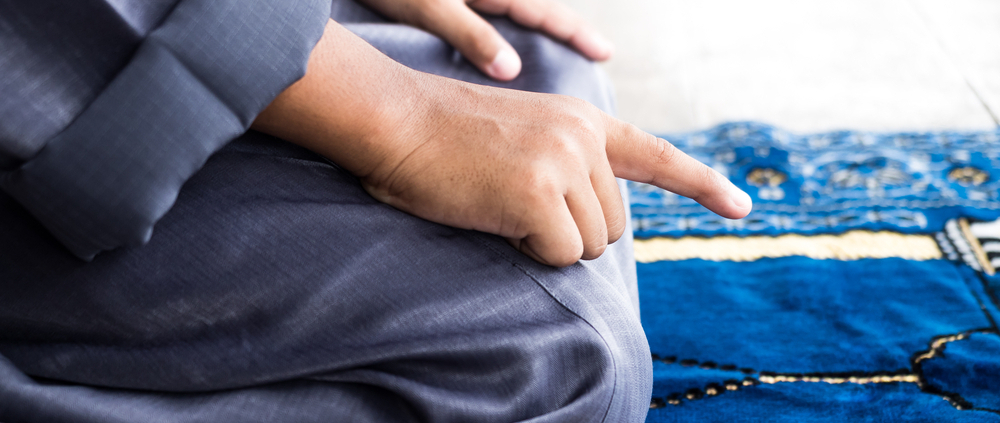What Is the Ruling regarding Breaking One’s Intention in Prayer?
Hanafi Fiqh
Answered by Shaykh Yusuf Weltch
Question
I wanted to know the ruling regarding intentions during salah. I was praying and I imagined that I passed wind, eventually, I knew it was just waswas but to confirm I said to myself that I am going to relax my backside, so if I raise up or going into such position gas might come out then I’ll be 100% certain I’ve broke wind, and then I’ll make wudu and pray again if I did break wind.
I said this to myself to get rid of the doubt I had; I wanted to know whether breaking the intention during that salah made the prayer invalid? Note I don’t really follow any Madhhab so please advise me on this issue.
Answer
In the Name of Allah, the Most Merciful and Compassionate
Merely intending to leave the prayer is not sufficient to render the prayer invalid. In order to leave the prayer one’s intention must be coupled with an action that breaks the prayer, preferably the saying of “al-Salam Alaikum.”
Note that it is prohibitively disliked to break a prayer without a substantial reason. [Shurunbulali, Maraqi al-Falah]
How to Deal with (Misgivings) Waswasa
If such a doubt comes to one’s mind one should ignore it and complete the prayer.
Unless there is near certainty of the exiting of wind one must continue the prayer and pay no heed to the doubt.
Hope this helps
Allah A’lam
[Shaykh] Yusuf Weltch
Checked and Approved by Shaykh Faraz Rabbani
Shaykh Yusuf Weltch is a teacher of Arabic, Islamic law, and spirituality. After accepting Islam in 2008, he then completed four years at the Darul Uloom seminary in New York where he studied Arabic and the traditional sciences. He then traveled to Tarim, Yemen, where he stayed for three years studying in Dar Al-Mustafa under some of the greatest scholars of our time, including Habib Umar Bin Hafiz, Habib Kadhim al-Saqqaf, and Shaykh Umar al-Khatib. In Tarim, Shaykh Yusuf completed the memorization of the Qur’an and studied beliefs, legal methodology, hadith methodology, Qur’anic exegesis, Islamic history, and a number of texts on spirituality. He joined the SeekersGuidance faculty in the summer of 2019.
